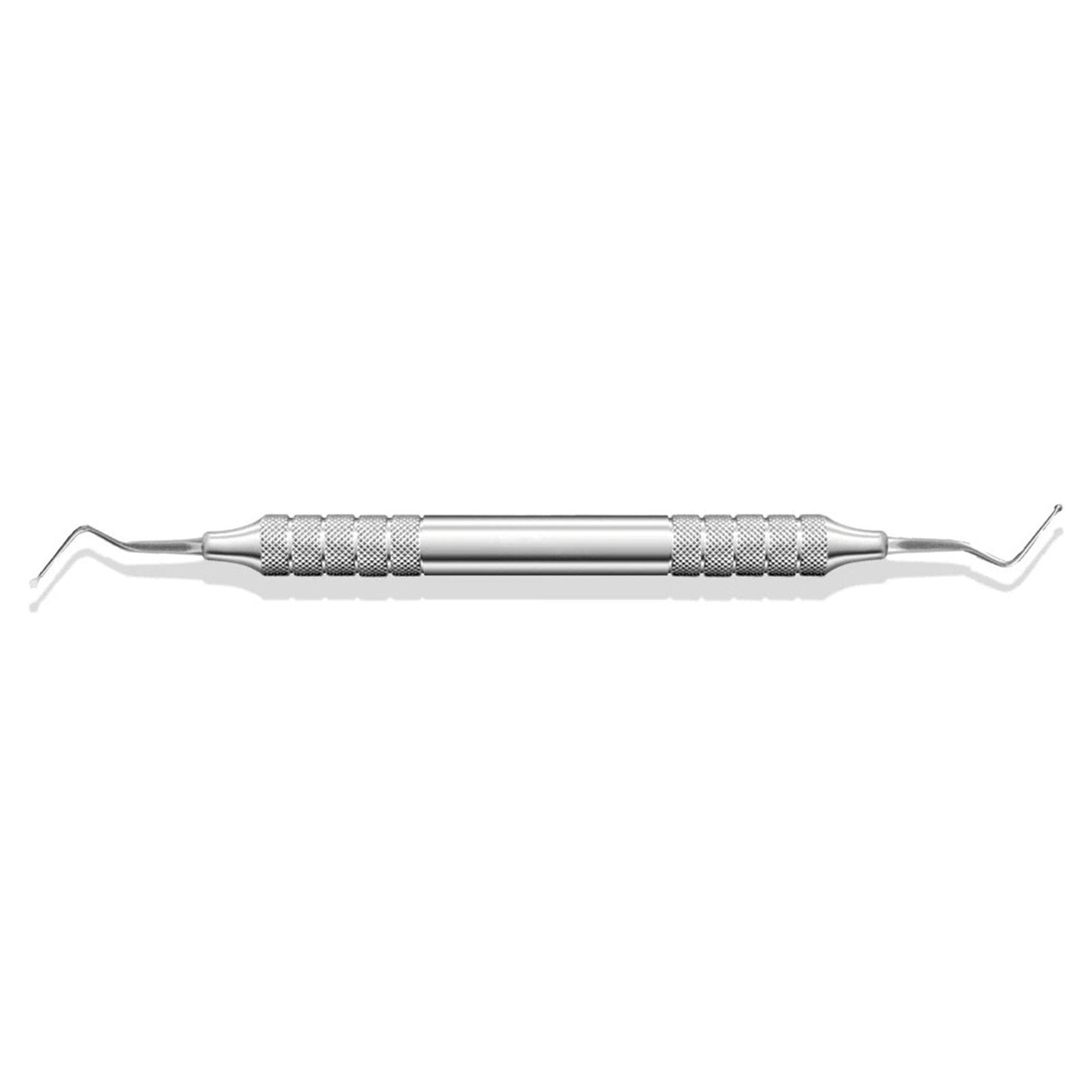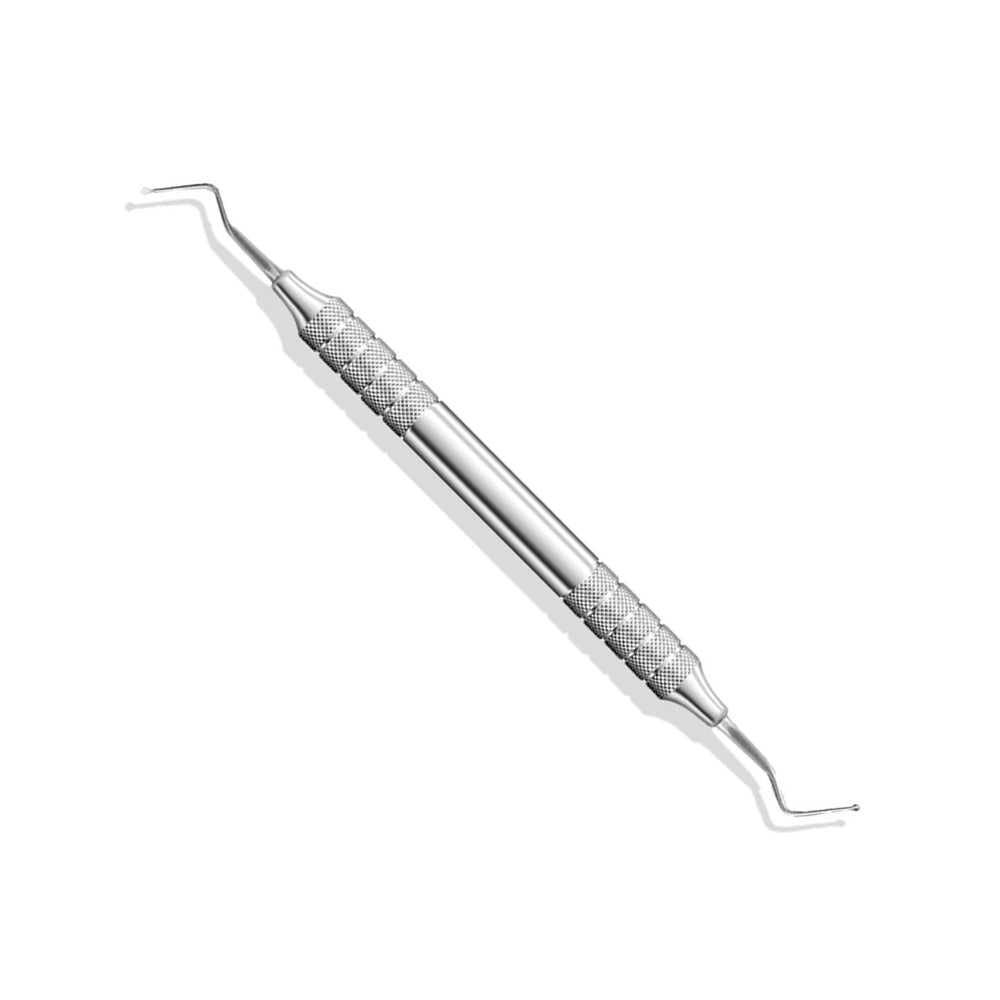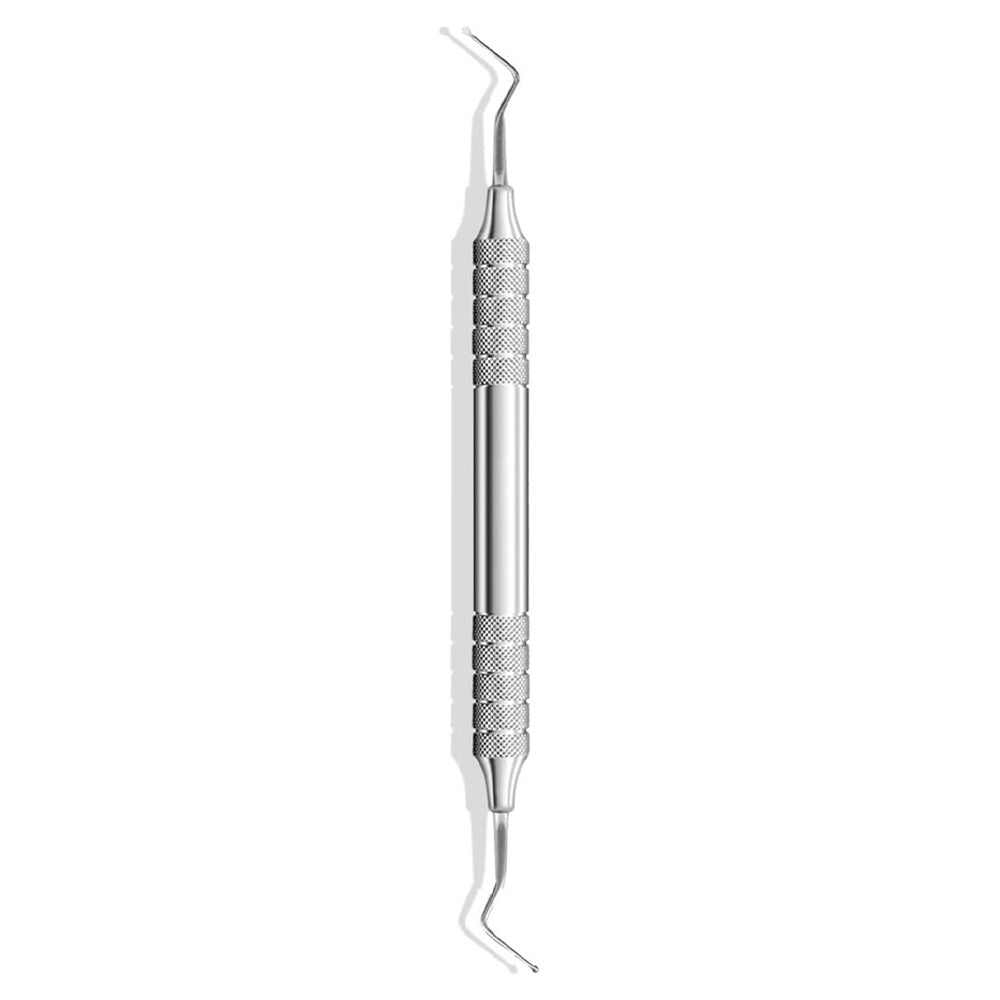


Tooth Excavator Stainless Steel - A Precision Tool for Effective Caries Removal
In modern dentistry, the precision and control of the procedure are crucial to delivering an efficient and pleasant treatment. A few of the essential hand tools used in conservative and restorative therapies are the tooth Excavator and, in particular, ones made of stainless steel. Created to remove manually carious dentin and form cavities in addition to clean dental structures, excavators made of stainless steel are recognized for their durability, sharpness as well as tactile feedback.
If you're a general dentist or pediatric dentist or working in a mobile rural clinic, using a tooth excavator made of stainless steel is a must-have instrument for providing exact and minimally invasive dental treatments. This article focuses on the design of the device, its functionality, and the advantages of dental excavators made of stainless steel in a variety of dental environments.
What Is a Tooth Excavator?
The tooth excavator is a hand tool specifically designed to:
- Remove decayed, soft dentin by hand.
- Shape and clean the inside of cavities.
- Preparing the tooth to receive fillings as well as other materials for restorative purposes.
The working part is typically shape-like, spoon-shaped or disc-edged, which allows it to penetrate pits, fissures and deep cavities for preparations. The other end is generally equipped with an ergonomic handle designed for comfort and an ensconced grip for the procedure.
Why Stainless Steel?
Stainless steel is the most preferred material for a variety of dental instruments and for reasons that are well-founded. Dental tools made of stainless steel have numerous advantages.
1. Corrosion Resistance
With the capability of enduring repeated sterilization using autoclaves and chemical disinfectants, stainless steel is a great choice for use in clinical settings where hygiene is a must.
2. Long-Lasting Sharpness
The cutting edges of stainless steel excavators remain sharp throughout the entire use, allowing the precise and effective removal of tissue that has decayed.
3. Strength and Durability
Steel made of stainless is sturdy enough to withstand pressure from a manual source without breaking, bending or losing its form.
4. Easy Maintenance
Instruments made of stainless steel are simple to clean, polish and maintain, which ensures longevity of use with little effort.
Common Designs of Stainless Steel Tooth Excavators
Tooth excavators are available in a range of shapes and sizes to accommodate the different needs and procedures of patients. Some common designs include:
1. Spoon Excavator
- The spoon-shaped, round working end is.
- It is ideal for scooping out soft and brittle material.
- It is suitable for cavities with deeper walls and general usage.
2. Hatchet Excavator
- Straight blade design.
- It is used to refine the cavity walls and to remove any remaining dentin.
- Ideal for anterior teeth and teeth with narrow tooth cavities.
3. Discoid-Cleoid Excavator
- Double-ended instrument featuring disc as well as pointed end.
- It is used for carving the occlusal structure and to remove any remaining debris.
These modifications make sure that the dentist is able to be able to access all parts within the teeth, ranging from large occlusal surfaces to small interproximal spaces.
Applications in Clinical Dentistry
1. Caries Removal
- This allows for a gentle and targeted removal of dentin that is infected.
- It is particularly beneficial in dental implants that are minimally invasive, as well as in pediatric dentistry.
2. Cavity Shaping
- Smooths and contours the inside cavity to ensure a proper fitting for the restorative material.
- Enhances the bonding surface of amalgam or composite.
3. Post-Operative Clean-Up
- Cleans up the debris and temporary materials before final restoration installation.
4. Emergency and Mobile Dentistry
- It is an essential tool in regions with only limited access to rotary instruments.
- Ideal for humanitarian clinics, field dental and outreach programs.
Benefits of Using Stainless Steel Tooth Excavators
- Precision Control Provides feedback via tactile that helps the physician distinguish between decayed and healthy tissue.
- Lower risk of over-preparation: Unlike high-speed drills, manual excavations preserve the tooth's natural structure.
- Reusable and environmentally friendly: They can be sterilized and reused many times and are, therefore, more sustainable than disposable alternatives.
- Cost-effective: High durability ensures the long-term durability of the product without needing to be replaced frequently.
- Flexible: Suitable for a broad range of dental procedures and demographics.
Maintenance and Sterilization
To ensure that your excavator is made of stainless steel in tip-top condition:
- Rinse the area immediately after use to eliminate any blood and debris.
- Utilize an ultrasonic cleaner or an enzymatic cleaner for breaking down organic materials.
- Autoclave that follows standards for sterilization procedures.
- Please keep it in a dry, clean container to keep away corrosion.
A regular check for sharpness, alignment of the tip and wear indicators is advised.
When to Replace a Tooth Excavator
With proper maintenance, excavators may need replacement. Consider replacing your instrument if:
- A cutting-edge dulls or chips.
- The Handle is loose or cracked. The handle is either missing or broken.
- The instrument is bent or misaligned.
- It is no longer able to provide similar tactile sensitiveness when used.
The use of worn-out equipment can impact the quality of treatment and comfort for patients.
Conclusion
It is the Dental Excavator Stainless Steel is an essential tool for every dental practice. Its ability to provide preciseness, control and endurance makes it a preferred choice for dentists who want to deliver quality, low-invasive treatment. It can be used for everyday dental procedures or more complex caries removal; stainless-steel excavators are a marvel of effectiveness and dependability.
Investing in the right equipment for your dental practice, such as a premium stainless steel excavator, is the key to you being able to provide better results for your patients and establishing an image of superior dental treatment.




 For Bulk Order Whatsapp US
For Bulk Order Whatsapp US